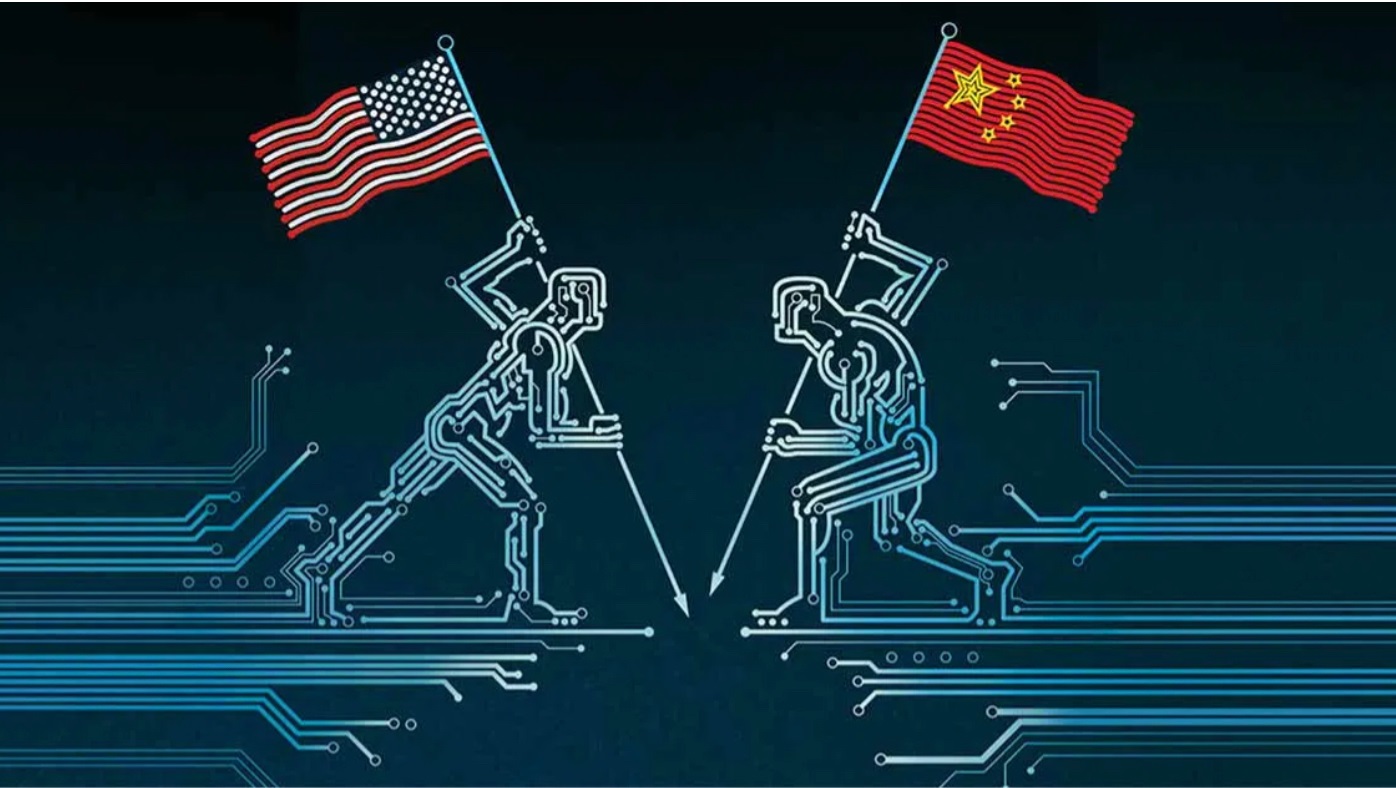
Xiao Qian, Deputy Director, Center for International Security and Strategy at Tsinghua University
Apr 14, 2025
Yes, they can. As the world’s two major powers in AI technology, the U.S. and China must work together to build capacity, contribute to AI for developing countries, bridge the digital divide and help achieve the United Nations Sustainable Development Goals.
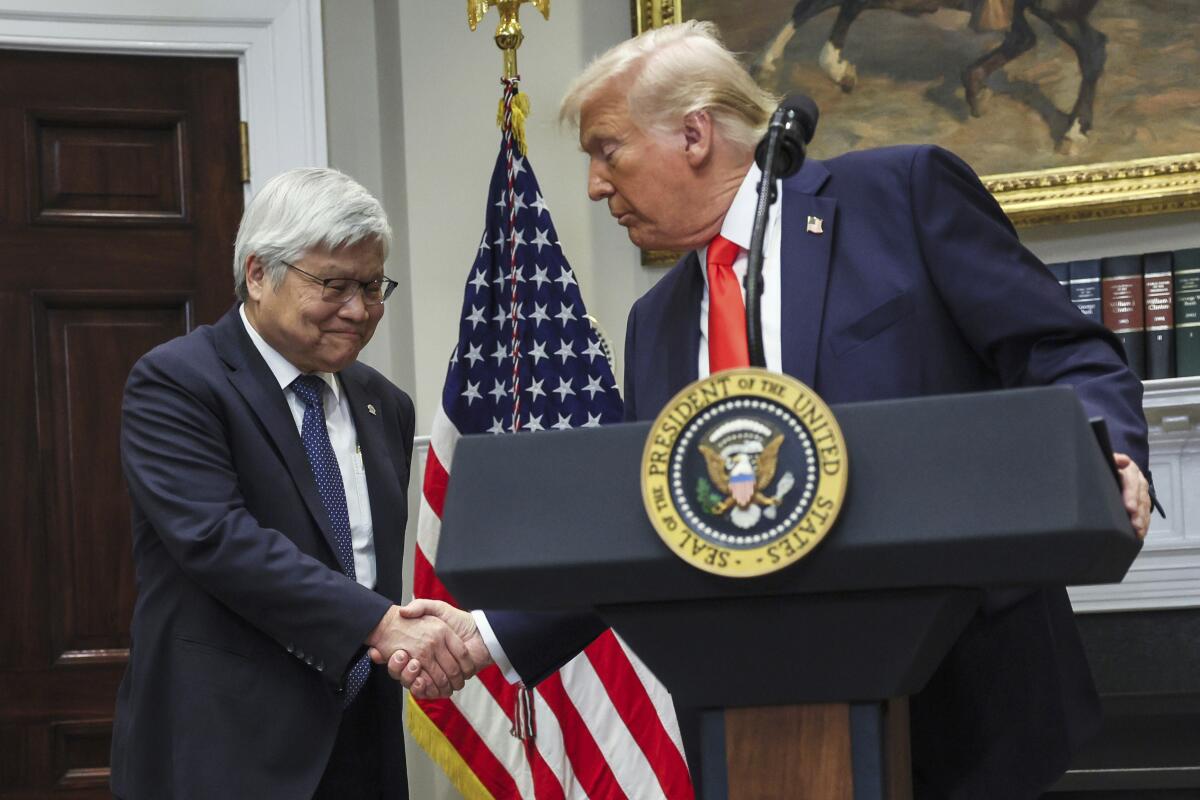
Shao Yuqun, Director, Institute for Taiwan, HK and Macau Studies, Shanghai Institutes for International Studies
Apr 11, 2025
If the Trump administration remains oblivious to the dangers and provocations of Lai Ching-te’s policies, the confrontation between Beijing and the United States over the island will intensify.

Zhang Tuosheng, Principal Researcher at Grandview Institution, and Academic Committee Member of Center for International Security and Strategy at Tsinghua University
Apr 10, 2025
Here are some suggestions for promoting peace, stability and development in the Asia Pacific region. For starters, to avoid bloc politics and confrontation or even a new cold war in the Asia Pacific, China, the U.S., Russia, Japan and India should actively develop new dialogues and exchanges and build on existing ones.
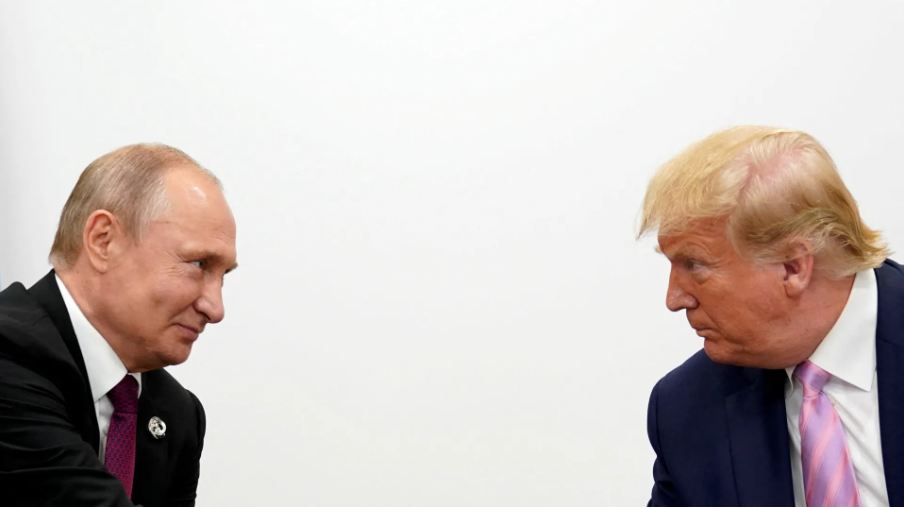
Xiao Bin, Deputy Secretary-general, Center for Shanghai Cooperation Organization Studies, Chinese Association of Social Sciences
Apr 03, 2025
The U.S.-Russia contest over Ukraine shows both the persistence of classic power politics and the clash of competing worldviews at a time when the international system is undergoing a seismic process of reordering. The Ukraine war and its potential settlement are upending traditional major-power dynamics.
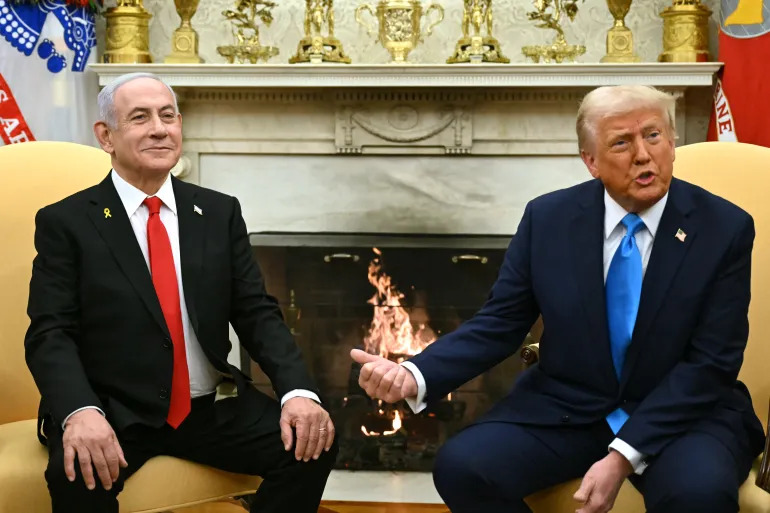
Jin Liangxiang, Senior Research Fellow, Shanghai Institute of Int'l Studies
Mar 25, 2025
U.S. policy ultimately will be defined by Israel. With Donald Trump in the White House, the Middle East will become even more vulnerable, and the security situation may erode. Saudi Arabia may not get the security guarantees it wants from the United States, and Iran will continue to be in the picture.

Jin Liangxiang, Senior Research Fellow, Shanghai Institute of Int'l Studies
Mar 20, 2025
The future of the region should be decided by the countries there, not by external actors. Strategic autonomy, an idea frequently raised by some Arab countries in recent years, shows they’re waking up to reality. There should be no illusions about the future.
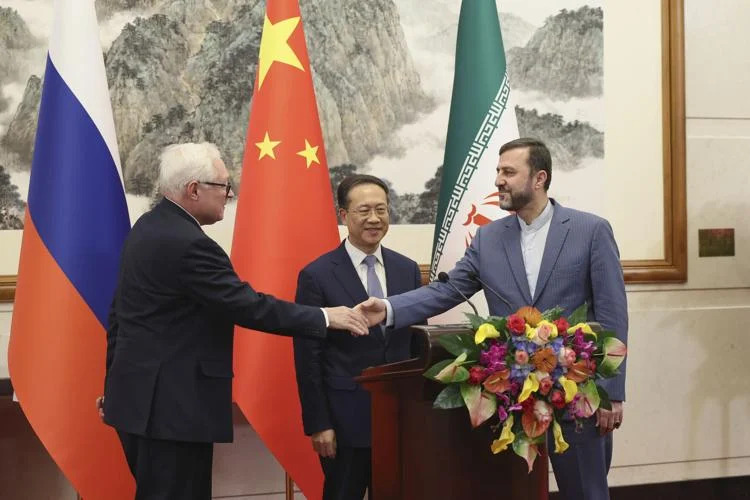
He Wenping, Senior Research Fellow, Charhar Institute and West Asia and Africa Studies Institute of the China Academy of Social Sciences
Mar 20, 2025
The three-way meeting in Beijing stood out for its effort to clarify the historical context of the Iranian nuclear issue and to present impartial, fair and equitable demands to all parties involved.
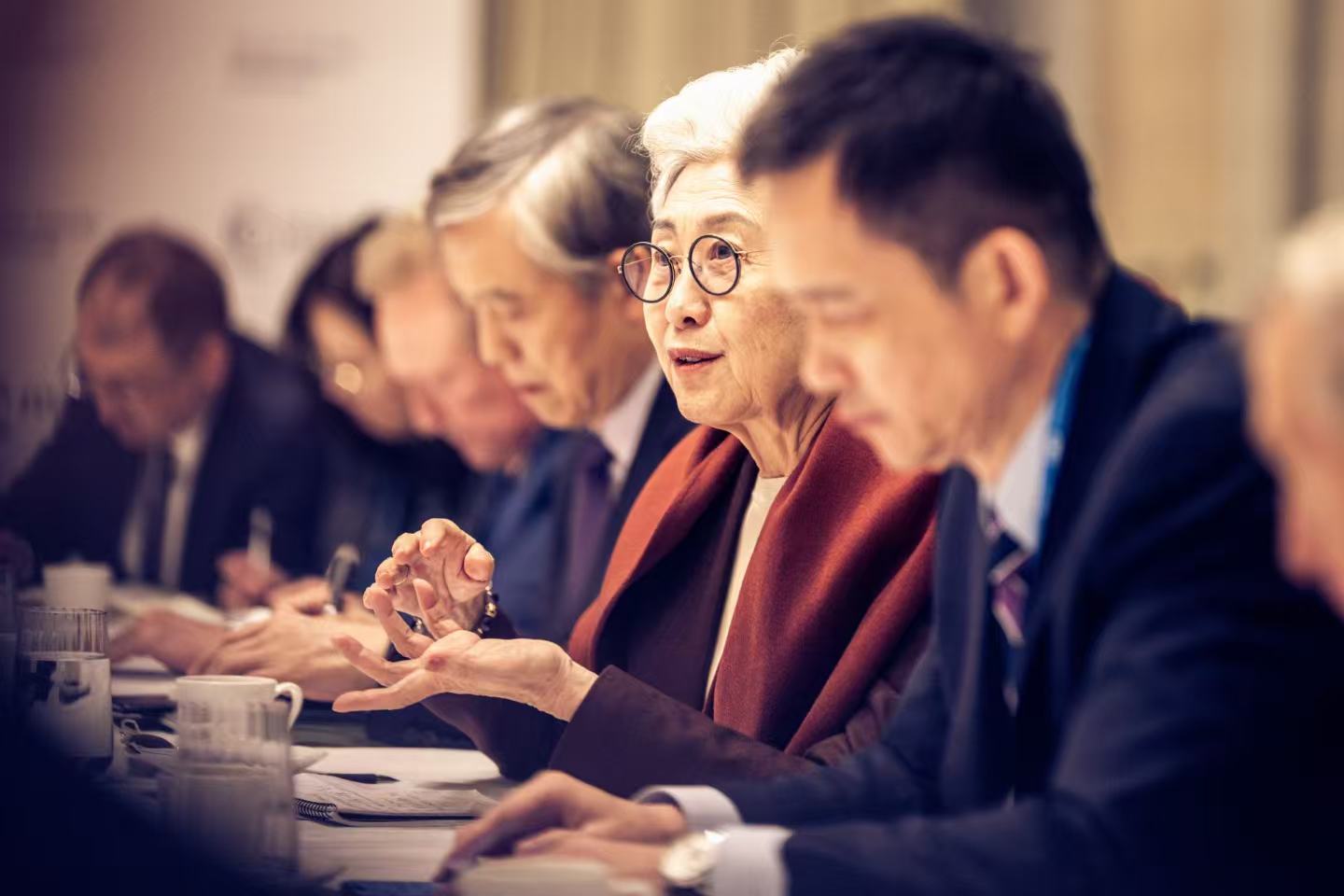
Fu Ying, Founding Chair of Center for International Security and Strategy, Tsinghua University; China's former Vice Minister of Foreign Affairs
Mar 19, 2025
On February 14, 2025, at 1:30 PM, the 61st Munich Security Conference (MSC) opened at the Hotel Bayerischer Hof. I arrived early at the conference hall, but the 200 seats had mostly been taken and I finally found a spot back in the room.
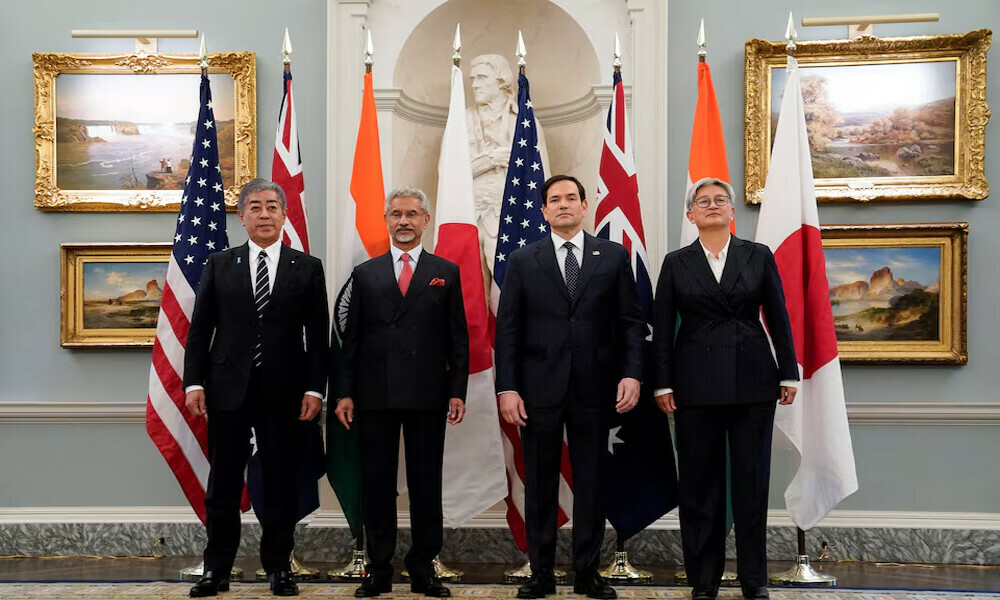
Sajjad Ashraf, Former Adjunct Professor, National University of Singapore
Feb 27, 2025
The Quad has evolved into a coalition with increasing military cooperation and shared concerns over China’s rising power, though India’s reluctance to fully engage in a military alliance limits the group's effectiveness in countering China's influence in the Asia-Pacific.
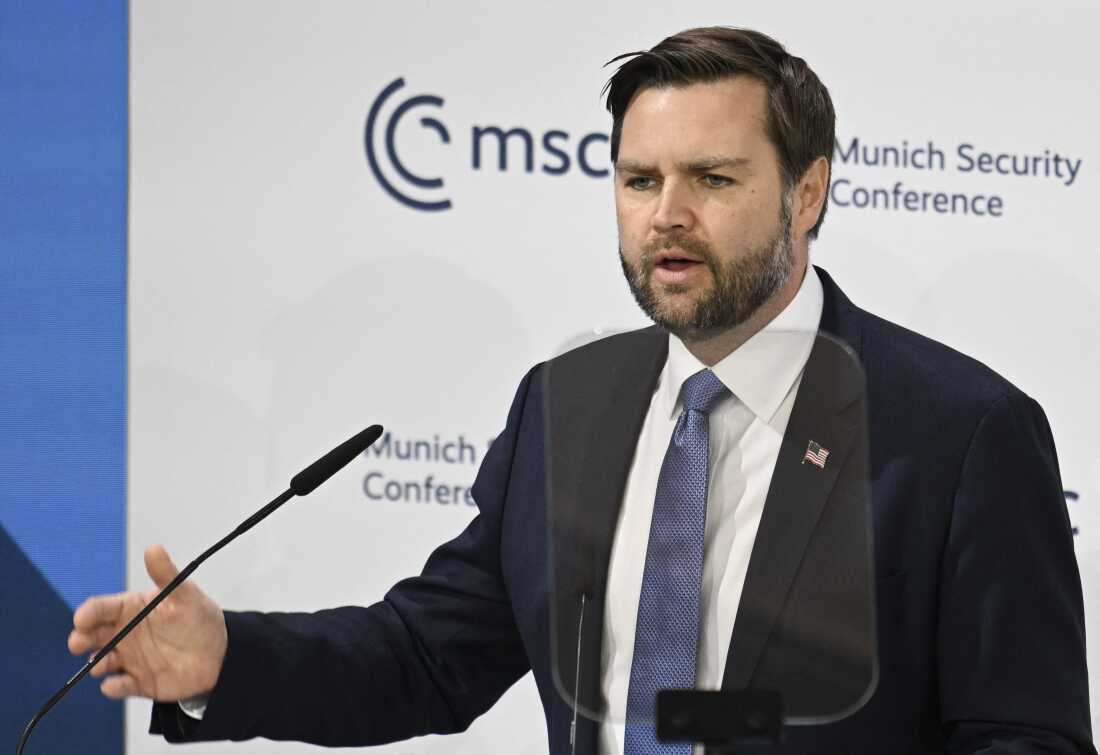
Wang Yiwei, Jean Monnet Chair Professor, Renmin University of China
Feb 26, 2025
The world is undergoing profound changes, as reflected in the report from this year’s Munich Security Conference. Focusing on multi-polarization, the report details U.S. arrogance, European hopelessness, Global South helplessness and worldwide disorder.